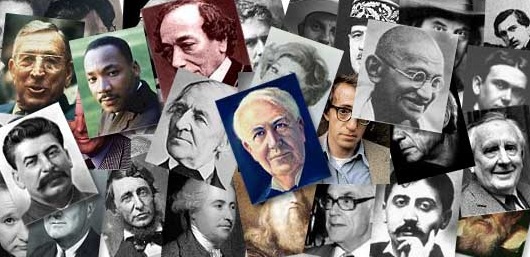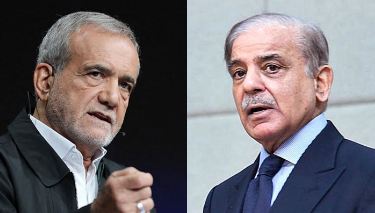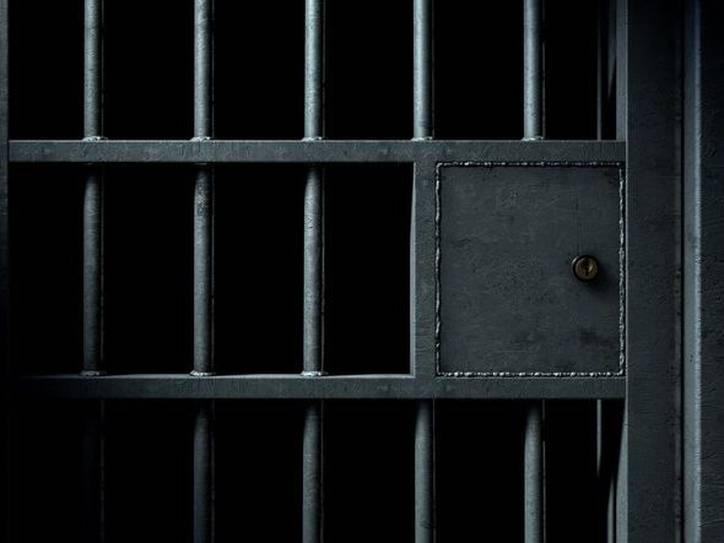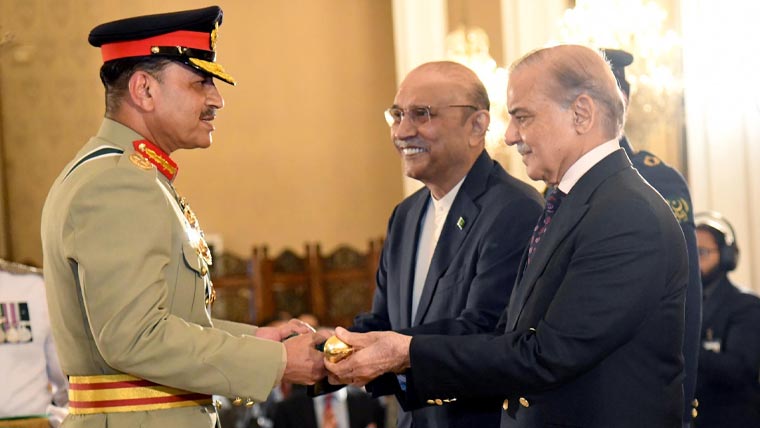- Islamabad
- 34.4°C
- Today ( Monday, 16 June 2025)
Journeys Through Lives: The Evolution of Biography in Literature
The history of biography in literature is a fascinating journey that reflects the evolution of storytelling and the enduring human interest in the lives of others. Biography's origins can be traced back to ancient times, where historians chronicled the lives of notable figures. Plutarch's "Parallel Lives" in the 1st century paired biographies of famous Greeks and Romans, aiming to draw moral lessons from their experiences. Ancient cultures often celebrated heroes through poetic or prose narratives. During the medieval period, biographical writing took on a religious tone with hagiographies—biographies of saints. These narratives focused on individuals who exemplified piety, blending historical facts with myth and legend. The Renaissance marked a secular turn, emphasizing individual lives and achievements. Giorgio Vasari's "Lives of the Most Excellent Painters, Sculptors, and Architects" explored the lives of Renaissance artists, reflecting a growing interest in the personal stories behind creative genius. The 18th century saw the rise of literary biography. Samuel Johnson's "Lives of the Poets" exemplifies this era, blending critical analysis with personal anecdotes about prominent poets. Johnson's approach laid the groundwork for future biographers, emphasizing thorough research and storytelling. The Romantic era brought a more subjective and emotional tone to biography, delving into the inner lives of subjects. Thomas Carlyle's "On Heroes, Hero-Worship, and the Heroic in History" reflected this shift in perspective. In the 20th century, biographical writing underwent further transformations. Modern biographers approached subjects critically, questioning traditional narratives. Postmodern biographies challenged the notion of objective truth, recognizing the subjective nature of storytelling. The 20th century also witnessed a surge in autobiographical writing, blurring the lines between biography and autobiography. Maya Angelou's "I Know Why the Caged Bird Sings" and Elie Wiesel's "Night" exemplified the power of personal narratives. In the 21st century, the digital age has brought new dimensions to biographical storytelling. Blogs, podcasts, and multimedia platforms provide alternative avenues for individuals to share their life stories. Additionally, there is a growing interest in unconventional and collaborative biographies, where subjects actively participate in the creation of their life narratives. The history of biography in literature is a rich tapestry woven with the threads of human experience. From ancient moral lessons to postmodern deconstructions, biographical writing continues to evolve, reflecting the changing perspectives and aspirations of both biographers and their audiences. In exploring the lives of others, literature offers a profound mirror through which we can better understand ourselves and the diverse human experience.
-
Belgian Customs made a significant discovery on December 28 when inspecting a shipment bound for Belgium from Uruguay. The shipment, consisting of 22,320 units of Portezuelo brand budines and alfajores, along with 1,122 bottles of vermouth, was found to contain 2.16 tons of co...
-
Peru's prosecutors have officially requested a 34-year prison sentence for former President Pedro Castillo. The ex-president was removed from office and arrested in late 2022 following his attempt to dissolve Congress, leading to months of deadly protests and disruptions in th...
Get Newsletter
Subscribe to our newsletter to get latest news, popular news and exclusive updates.




























Facebook Comments